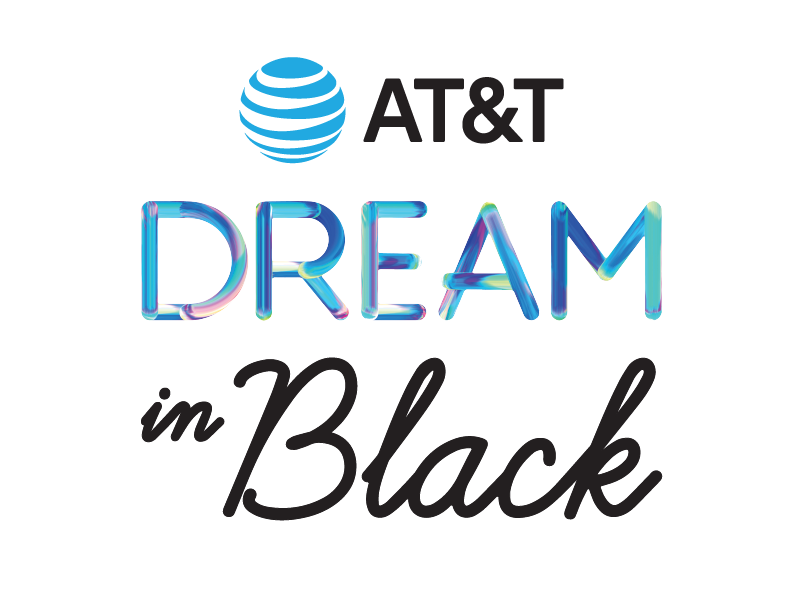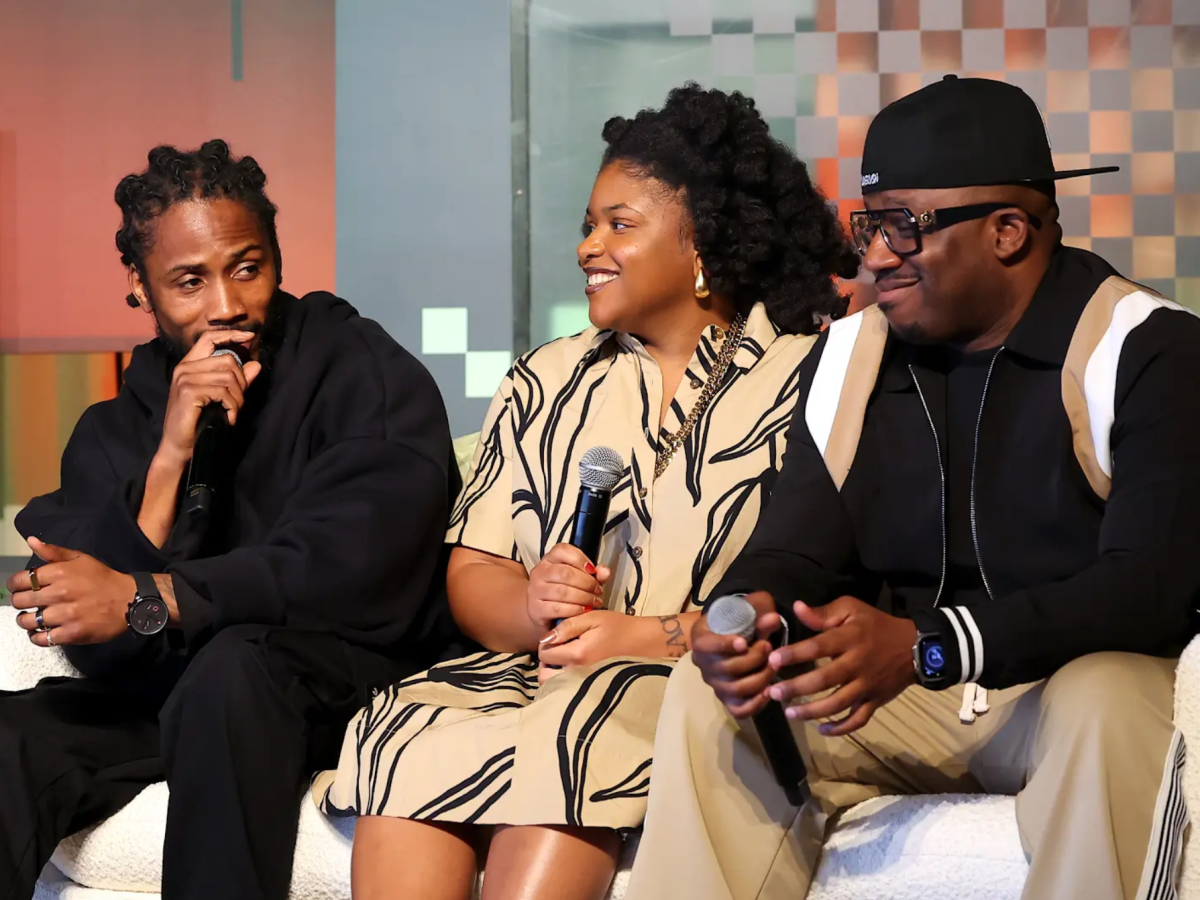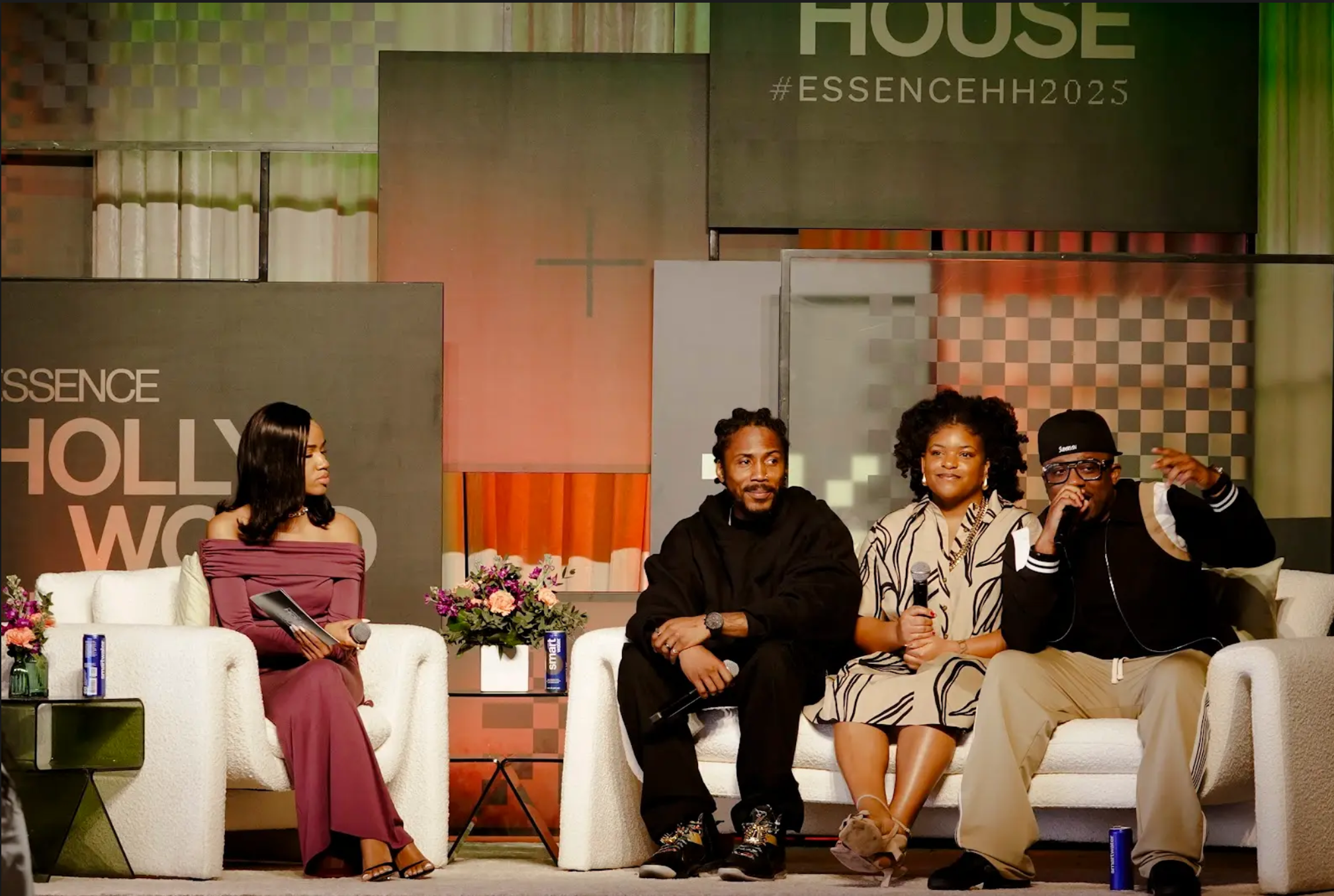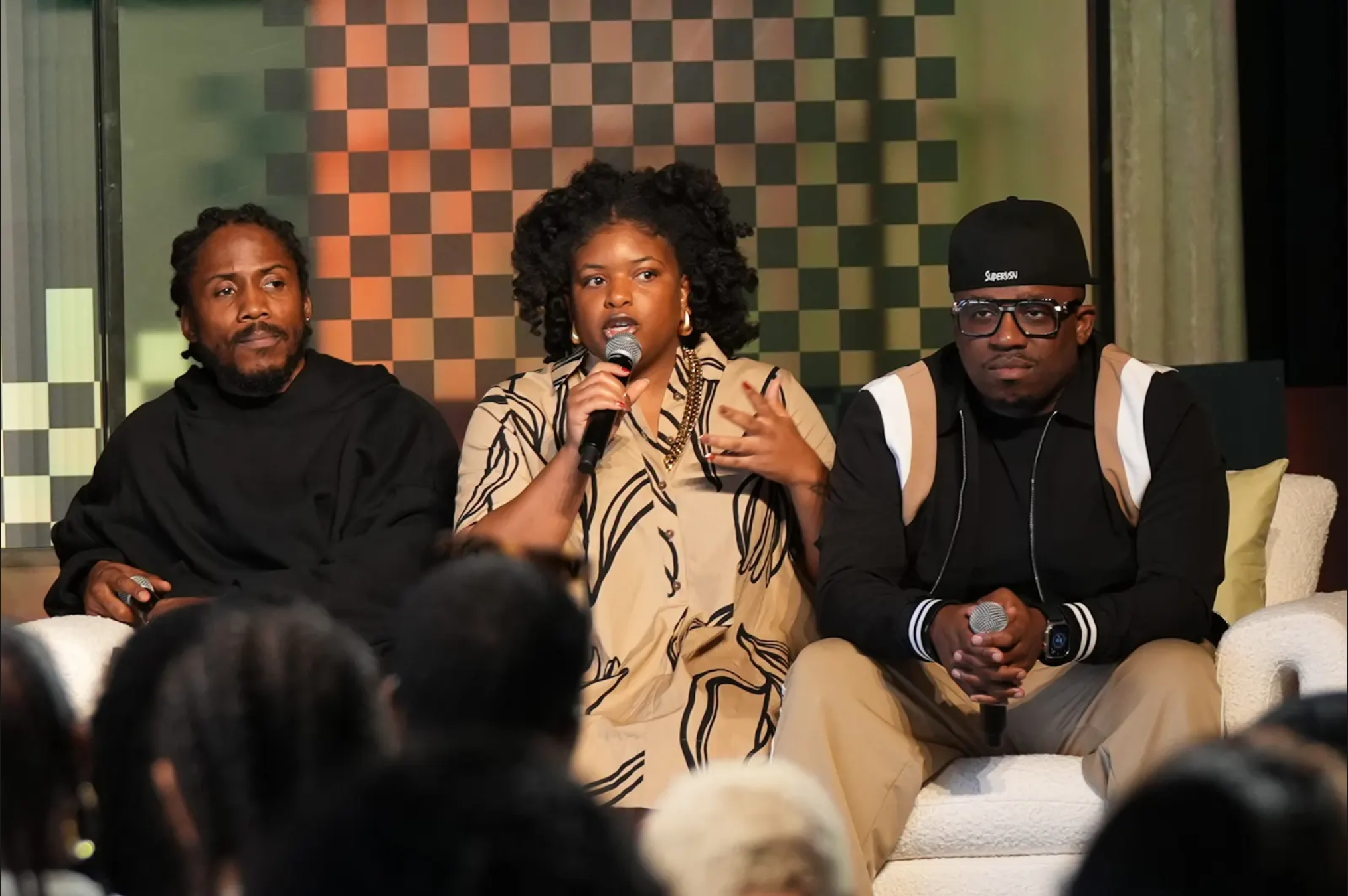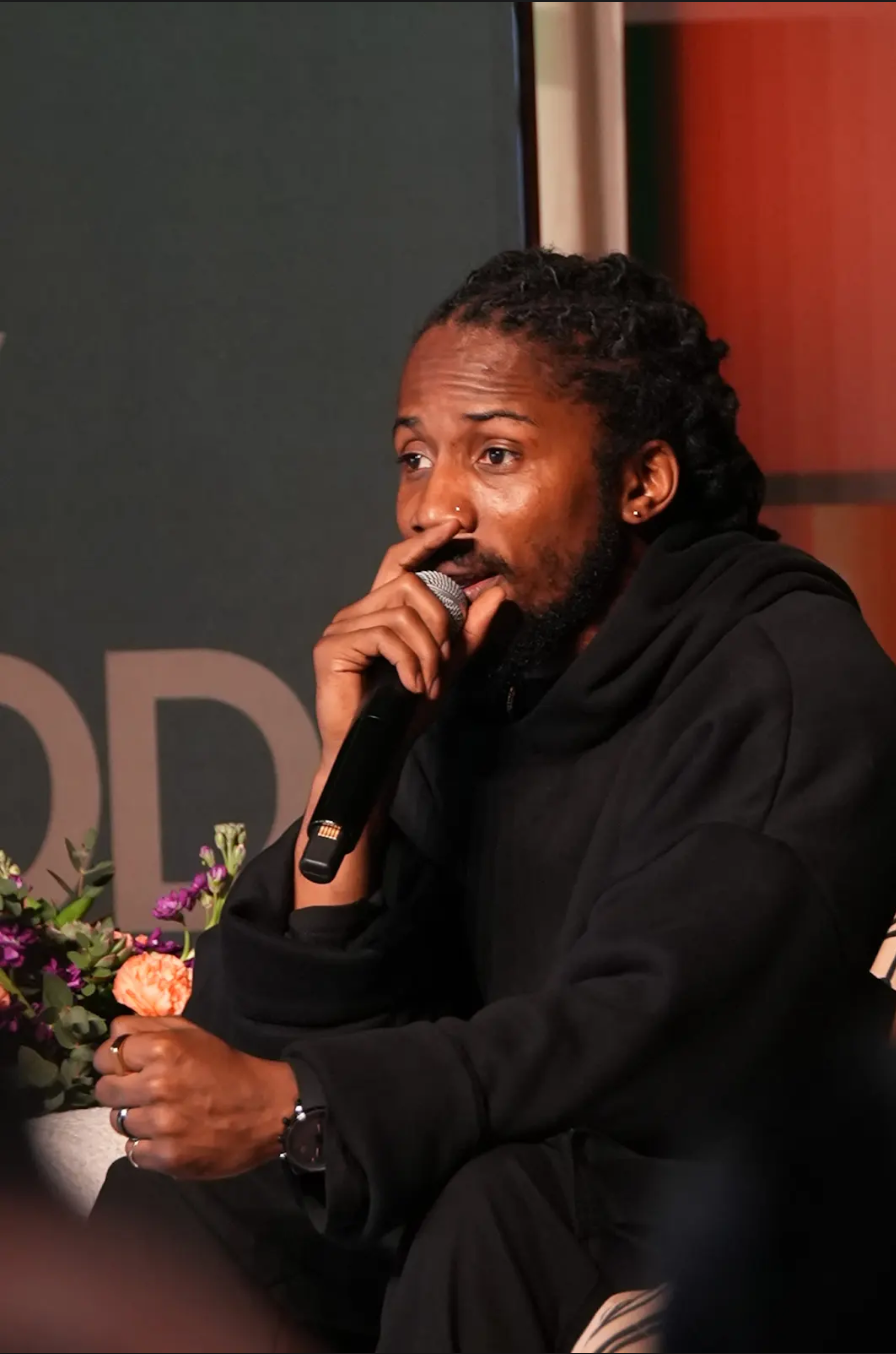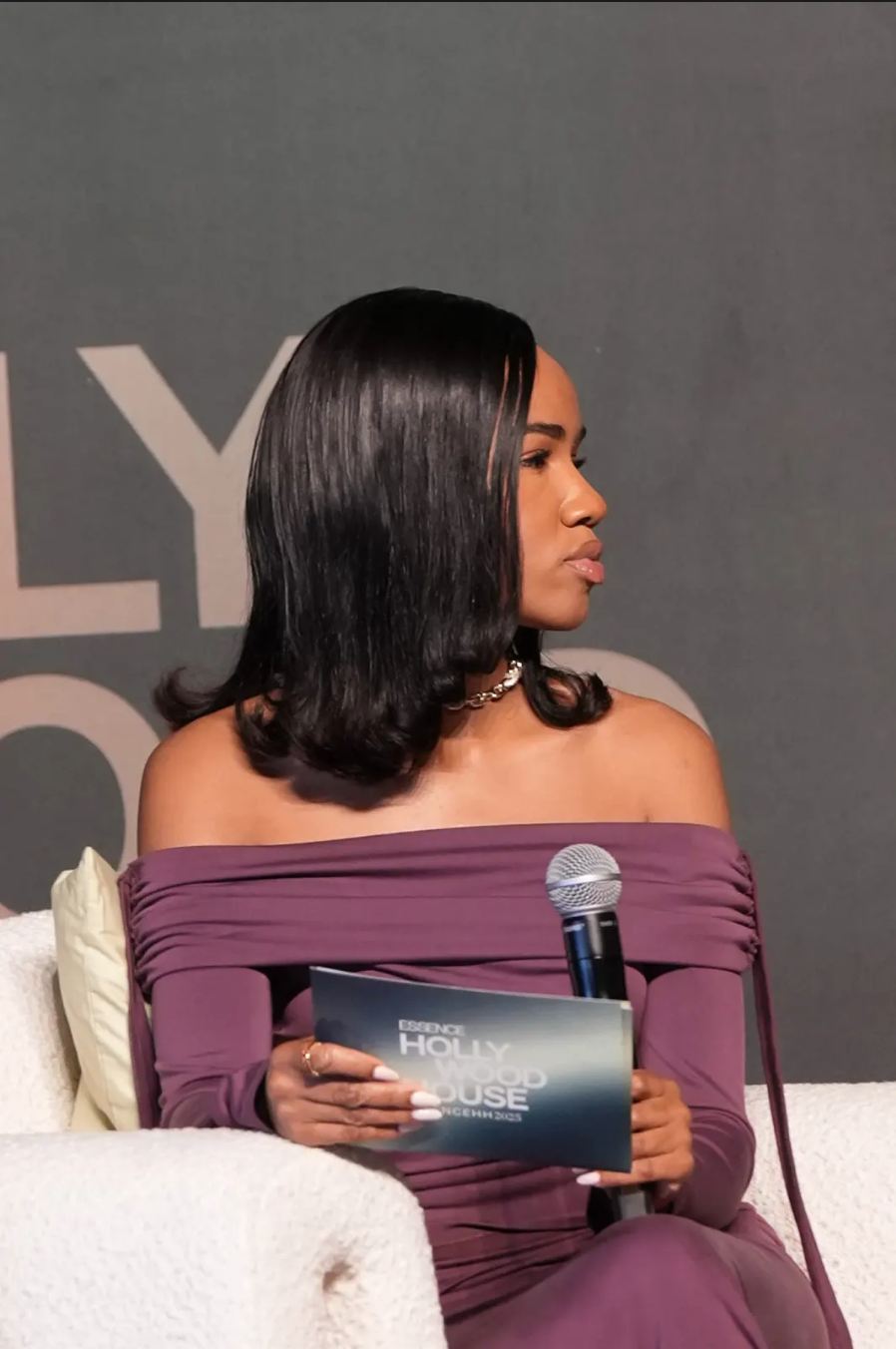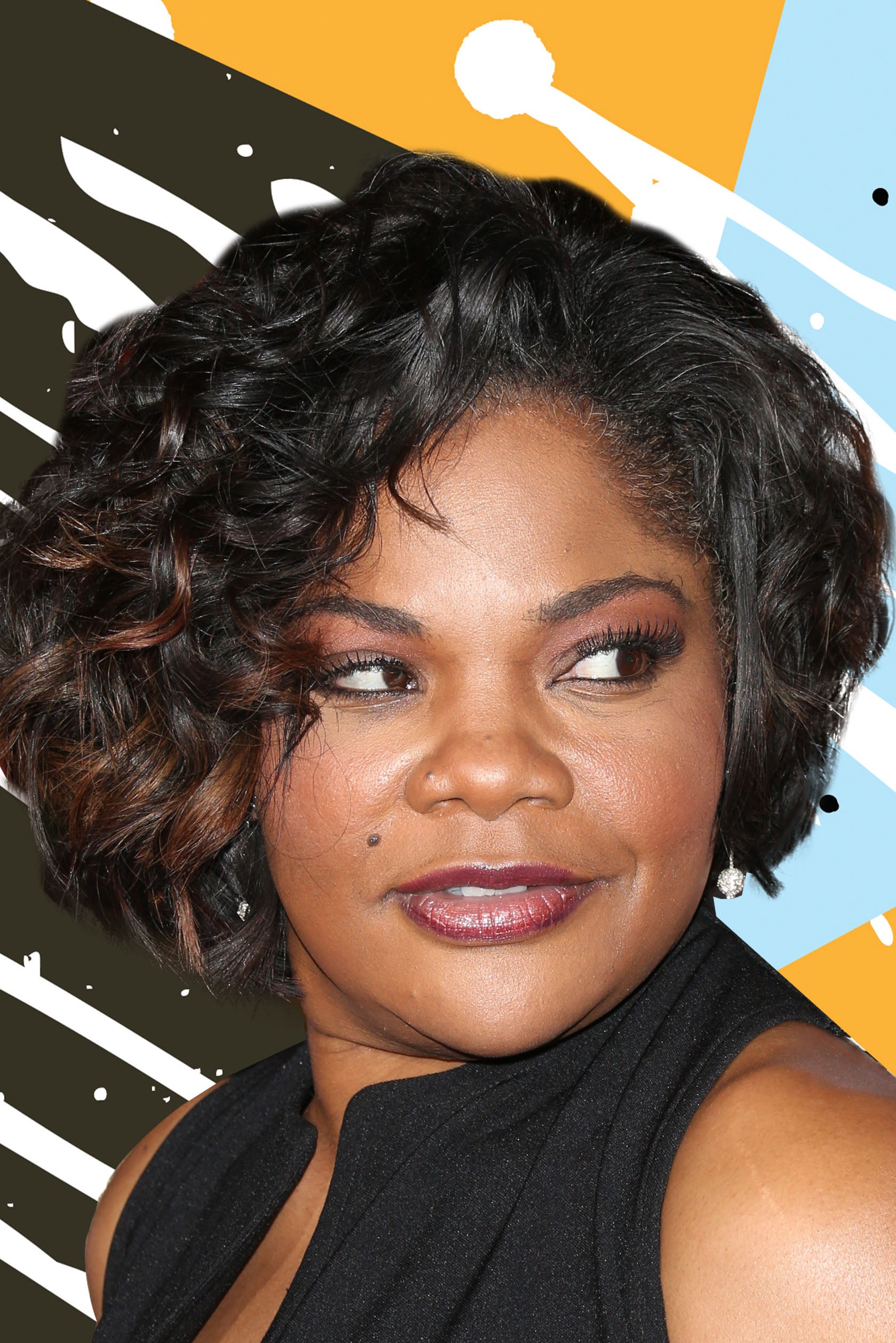
Academy Award winner Mo’Nique kicked off a firestorm earlier this week when she called on her fans to boycott streaming giant Netflix for racial and gender bias. The actress and comedian said the company approached her to do a comedy special but only offered $500,000 in return.
Never one to hold her tongue, Mo’Nique took to Instagram to highlight the vast difference in the amount she was offered and recent deals between Netflix and other prominent comedians. “Amy Schumer was offered $11 million,” she said, “Chris Rock and Dave Chappelle, $20 million.” The actress then requested fans stand with her in unsubscribing from the service because she “loves us for real.”
When Mo’Nique first came forward to expose the paltry sum, many people boiled Netflix’s proposition down to the comedian’s alleged difficultness. In 2015, the Best Supporting Actress winner described a conversation with director Lee Daniels in which he allegedly informed her she had been “blackballed” from the business because she refused to play by Hollywood’s rules. Because of this, many initially blamed the low amount on the actresses’ personality. But then, Wanda Sykes came forward to share that Netflix proposed “less than half of [Mo’Nique’s] $500,000” for her comedy special and it was clear the Almost Christmas star was onto something.
Women have been fighting for salary equality in nearly every industry for generations. So while it’s disappointing that we are still not compensated at the same rates as our male counterparts, it’s no surprise this issue also touches Hollywood. What is alarming, however, is that Black actresses are not only not being cast as often as their white female peers (for example, in 2016, 47 of the top 100 films did not even feature a Black female character with a speaking part), but they aren’t getting paid as much either.
Among Forbes’ list of highest paid actresses in 2017, not one Black star ranked among them, and there was only one — Kerry Washington — on the magazine’s list of highest-earning actresses on TV, despite women like Viola Davis, Taraji P. Henson and Danai Gurira starring on three of the most popular shows on air.
Grey’s Anatomy star Ellen Pompeo recently made news after becoming TV’s highest paid female star, raking in more than $20 million per year. A day later, reports surfaced that black-ish funny woman Tracee Ellis Ross was making “significantly less” than her co-star, Anthony Anderson. While Ellis Ross denied she’d made any threats during the negotiation process, the veteran actress let it be known she deserved more money.
“I wanted to be compensated in a way that matches my contribution to a show that I love for many reasons, including the opportunity it allows me to reshape what it is to be a fully realized Black woman on TV,” Ellis Ross wrote in a statement. “I’m truly thankful that important conversations are taking place about fighting for women’s worth and equality, tightening the pay gap in every industry.”
At this year’s Sundance Film Festival, Oscar winner Octavia Spencer recounted a story in which she was able to secure more money for a film because of a conversation with friend and co-star Jessica Chastain. After approaching Spencer to work on a comedy project, the two began talking about the difference in pay between Black and white actresses.
“I told her my story, and we talked numbers, and she was quiet, and she said she had no idea that that’s what it was like for women of color,” Spencer said. Instead of merely taking in Spencer’s account, Chastain leveraged her privilege to ensure they both received much higher offers for the project. “I love that woman because she’s walking the walk and she’s actually talking the talk. She said, ‘Octavia, we’re gonna get you paid on this film.”
As Hollywood grapples with issues of sexual harassment and gender inequality, it’s also time to have frank discussions about the entertainment businesses’ treatment of Black women. From casting opportunities to pay, prominent white actresses who lean on the tenets of feminism to further their own causes need to follow Chastain’s example and be vocal about the plight of their Black counterparts.





